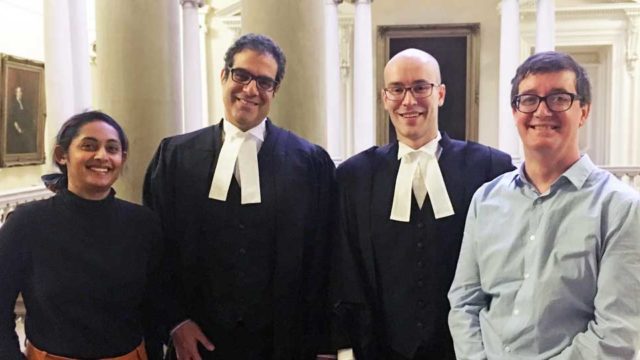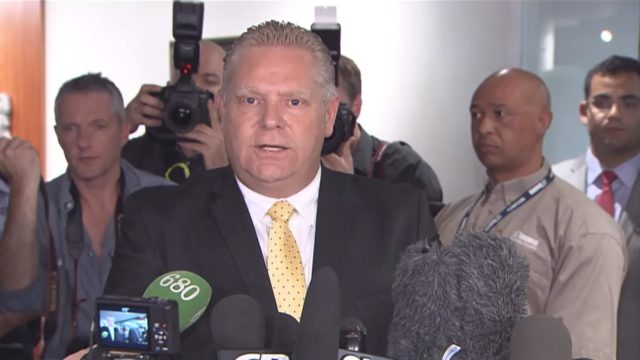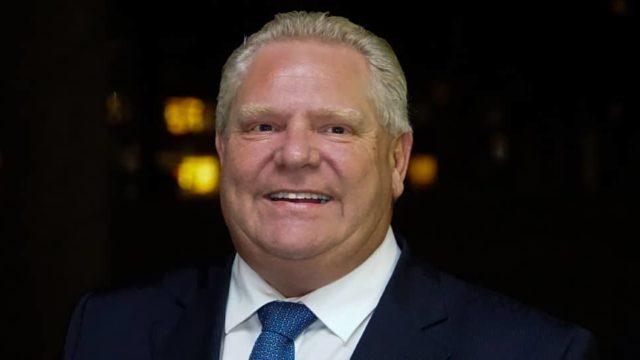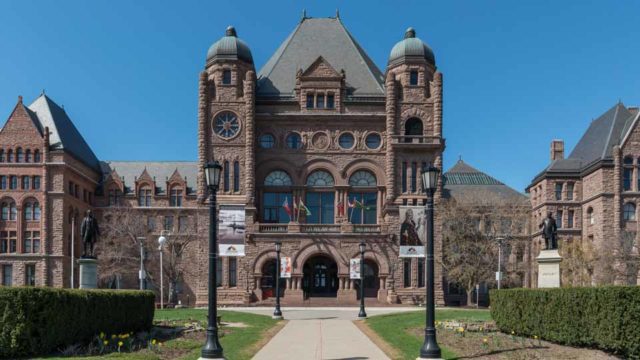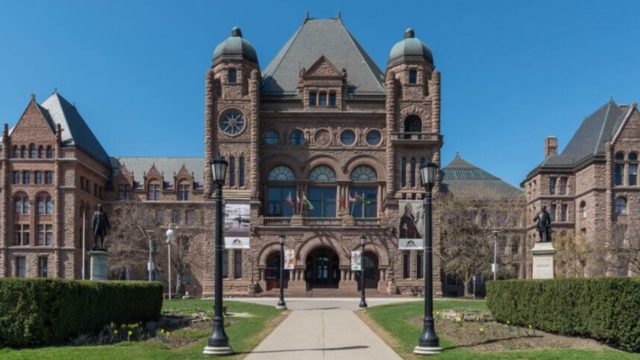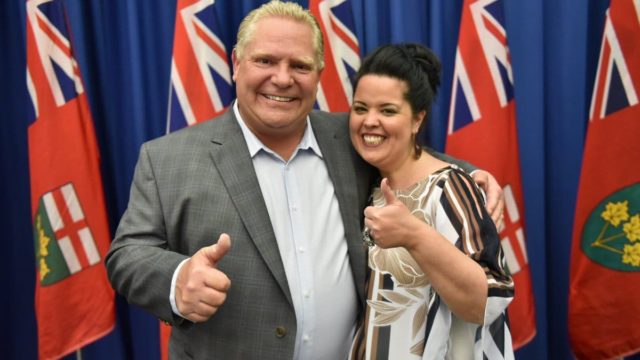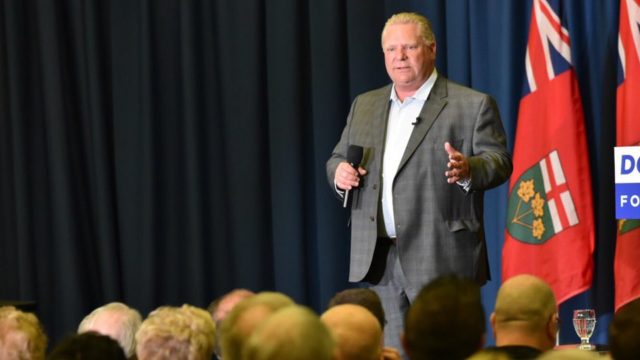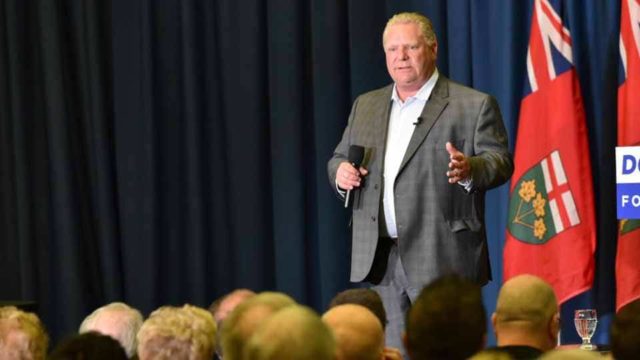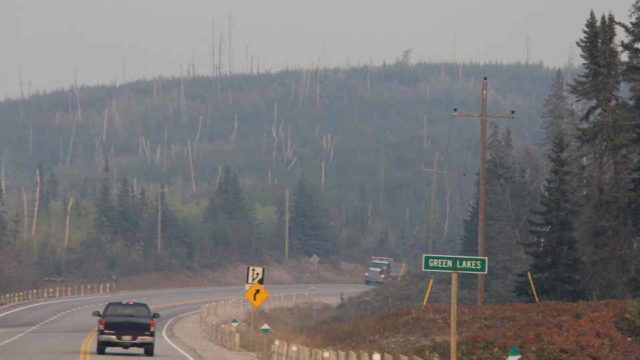During the 2018 provincial election, future-premier Doug Ford campaigned on promises to roll back laws to protect nature, the climate, and Ontarians’ right to clean air and water — including the province’s cap and trade program.
The program, established by the Climate Change Mitigation and Low-carbon Economy Act of 2016, aimed to lower greenhouse gas emissions by putting a price on carbon pollution. Under the Act, money raised from Ontario’s cap and trade program was deposited into an account that funded green projects and initiatives to reduce emissions.
When Ford came to power in 2018, his first order of business was filing Ontario Regulation 386/18, which essentially gutted the operational elements of Ontario’s cap and trade program in one fell swoop.
The Minister of Environment, Conservation and Parks chose not to consult the public as required under Ontario’s Environmental Bill of Rights, claiming instead that the 2018 Ontario election was a process that was “substantially equivalent” to the 30-day consultation process required by law.
Shortly afterwards, the Minister introduced Bill 4, the Cap and Trade Cancellation Act, 2018. The bill would repeal the Climate Change Mitigation and Low-carbon Economy Act, including Ontario’s legislated targets for reducing greenhouse gas pollution. Again, the government initially failed to consult the public.
In response, Ecojustice mobilized quickly to take Premier Ford to court for flouting Ontario’s public participation rules.
This led to an early victory. Hours after Ecojustice filed its lawsuit on behalf of Greenpeace Canada, the government posted a notice for a 30-day public consultation period on Bill 4.
While Ecojustice welcomed this development, there were still important issues left to settle in court.
After surviving a government attempt to quash their case, Ecojustice lawyers appeared in the Ontario Divisional Court on April 1 and 2, 2019, to argue that the Ford government acted illegally when it scrapped cap and trade without public consultation.
In October 2019, a two-judge majority of the court found that Ontario did fail to meet its legal obligations when it chose not to consult under the Environmental Bill of Rights before making Regulation 386/18. However, a different two-judge majority of the court decided not to grant a formal declaration to that effect. That’s because, after we sued, the Ford government retroactively made a law that protected it from being held liable for this conduct and because the offending regulation was no longer on the books. (Greenpeace Canada v. Minister of the Environment [Ontario], 2019 ONSC 5629.)


